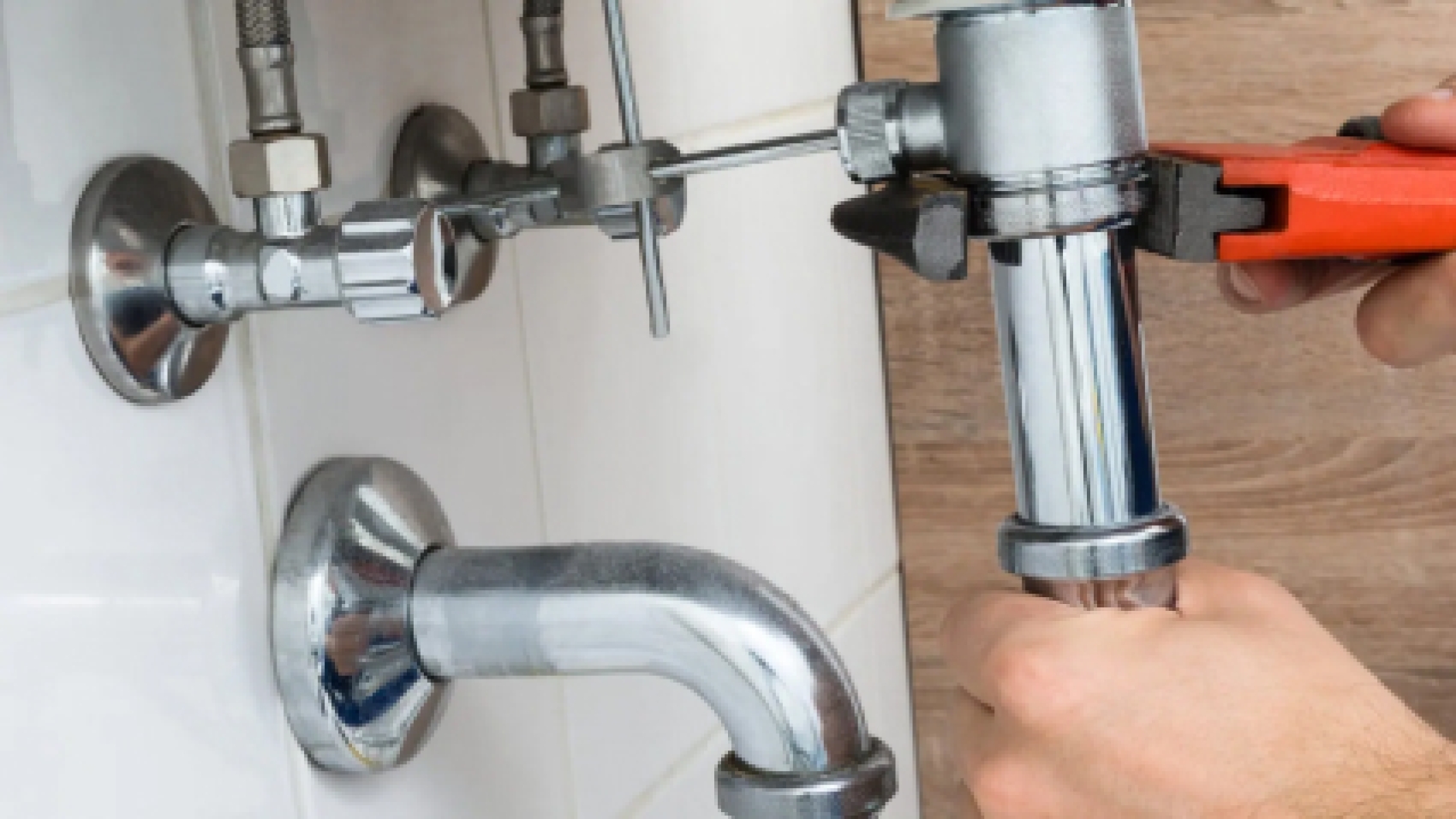Maintaining your plumbing system is crucial for preventing costly repairs and ensuring smooth operation. Regular upkeep can extend the life of your fixtures and pipes, saving you time and money. Here’s how you can keep your plumbing in top shape:
1. How Regular Inspections Can Prevent Costly Plumbing Repairs
Regular inspections are essential for identifying potential issues before they become major problems. Schedule professional plumbing inspections at least once a year to catch early signs of wear and tear, leaks, or clogs. During an inspection, plumbers will check pipes, faucets, and fixtures for any signs of corrosion, leaks, or other issues that could lead to more significant repairs if left unaddressed. Early detection allows for timely interventions, which can prevent emergency situations and costly repairs. Investing in regular inspections is a proactive approach that saves you from unexpected disruptions and extends the lifespan of your plumbing system.
2. Essential DIY Plumbing Maintenance Tasks for Homeowners
Homeowners can tackle several plumbing maintenance tasks themselves to keep their systems in good working order. Regularly check and clean your sink traps and drain screens to prevent clogs. Additionally, inspect your faucets and toilets for leaks, which can waste water and increase your utility bills. Another important DIY task is to periodically flush your drains with hot water and baking soda to help prevent buildup. For more significant issues or if you’re unsure about handling a problem, it’s always best to consult with a professional. Performing these simple tasks helps maintain your plumbing system’s efficiency and can prevent more severe issues down the line.
3. The Importance of Proper Drain Care and How to Do It
Proper drain care is crucial for preventing clogs and maintaining good drainage flow. Avoid disposing of grease, coffee grounds, or large food scraps down the kitchen sink, as these can cause blockages. In bathrooms, use drain guards to catch hair and debris before they enter the drain. Regularly clean your drains by using a mixture of baking soda and vinegar, followed by hot water, to help dissolve and flush out any buildup. If you experience slow drainage or frequent clogs despite these measures, it might be time for a professional drain cleaning. Proper care ensures that your drainage system remains clear and functions efficiently.
4. Tips for Maintaining Your Water Heater and Avoiding Common Issues
Your water heater is a vital component of your plumbing system, and regular maintenance can prevent common issues such as reduced efficiency and premature failure. Start by checking the temperature setting on your water heater; it should be set to around 120°F to balance comfort and energy savings. Flush the tank annually to remove sediment buildup that can affect performance. Inspect the anode rod regularly and replace it if necessary to prevent rusting. Additionally, check for any leaks around the tank and promptly address any signs of corrosion or wear. Proper maintenance ensures that your water heater operates efficiently, providing reliable hot water and extending its lifespan.
Conclusion
Regular plumbing maintenance is key to avoiding costly repairs and ensuring the longevity of your system. By scheduling routine inspections, performing essential DIY tasks, caring for your drains, and maintaining your water heater, you can prevent common plumbing issues and keep your home’s plumbing in excellent condition. Proactive maintenance not only saves you money but also ensures peace of mind, knowing that your plumbing system is running smoothly and efficiently. If you encounter complex issues or need assistance with any plumbing tasks, don’t hesitate to contact a professional to ensure your system remains in top shape.


Add a Comment